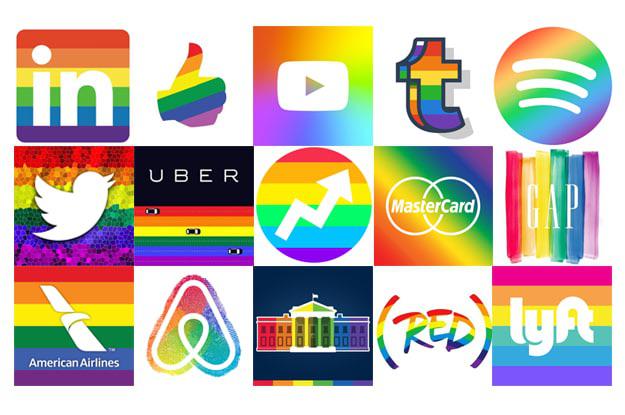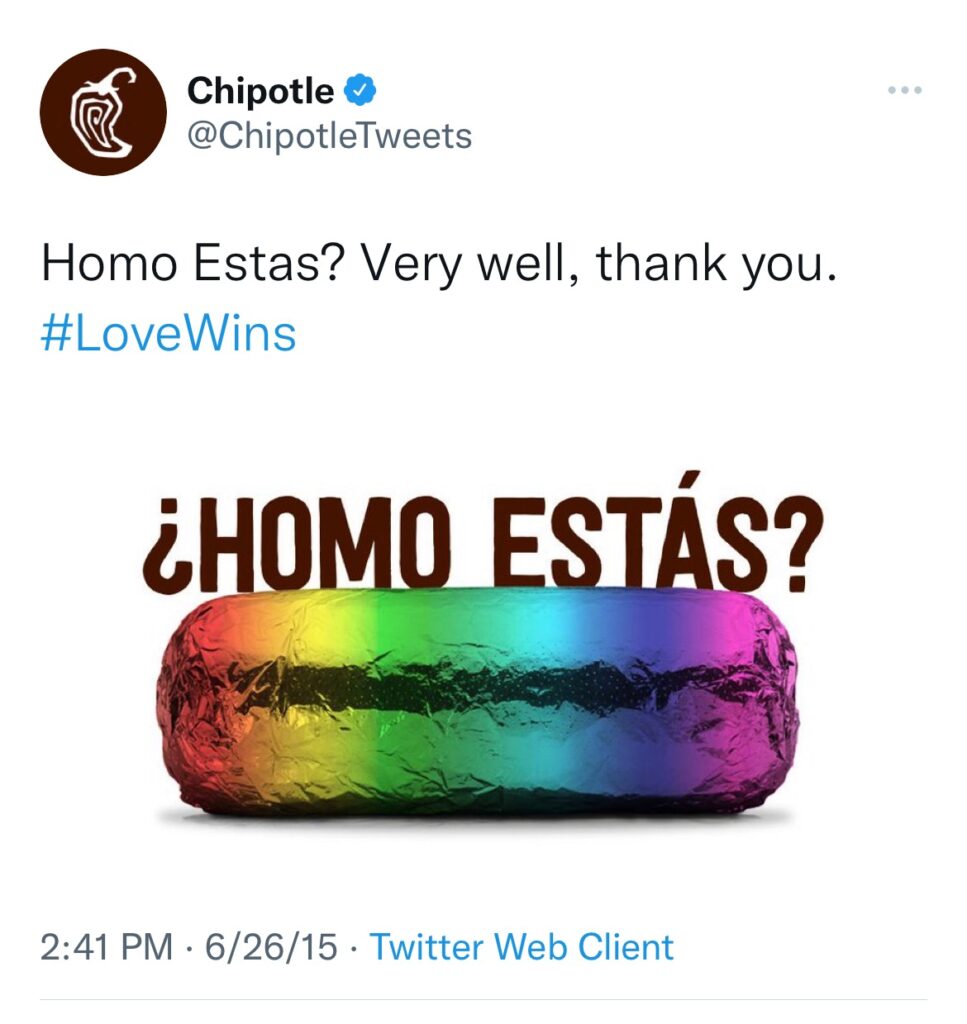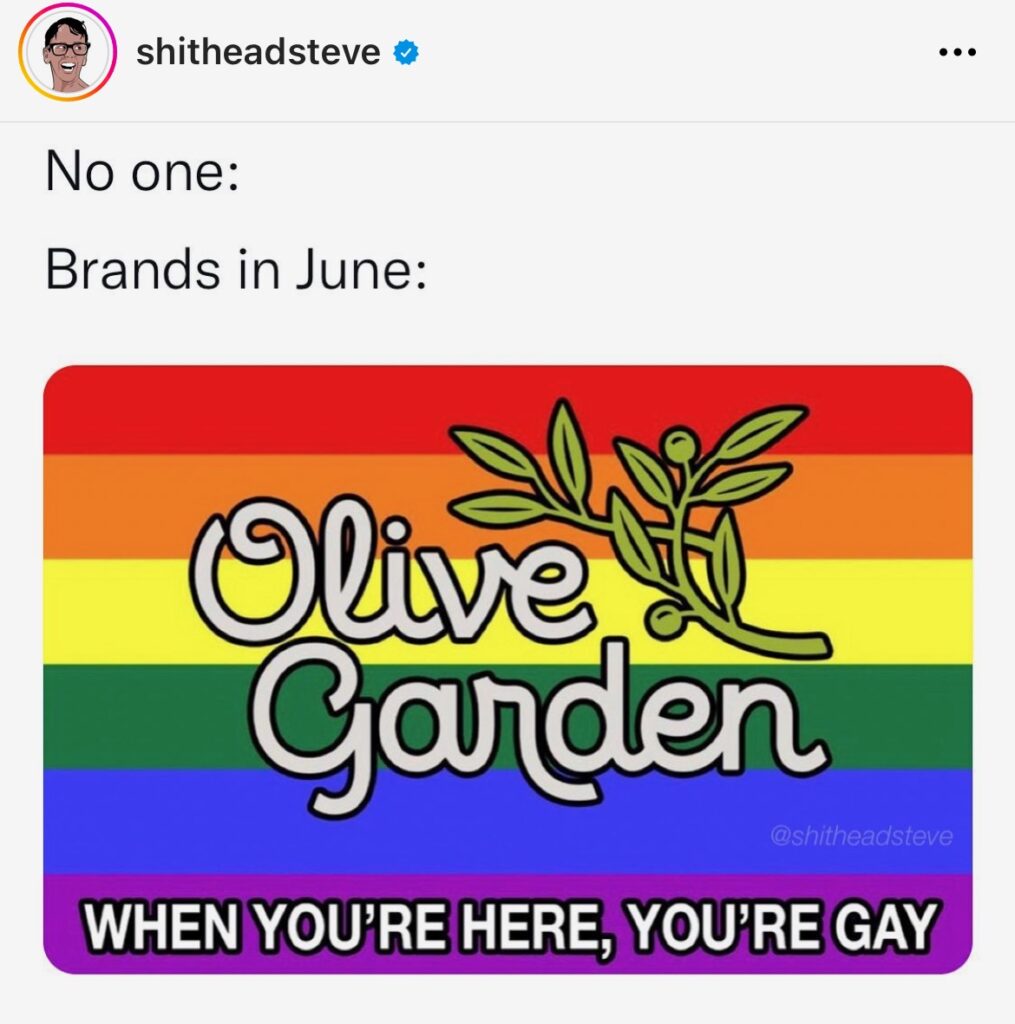If you know me, you know I love talking about beauty and attractiveness and the impact it has on work! We like to think that how you look has nothing to do with how you perform. Ugly people are told that from birth! “It doesn’t matter how you look, Timmy. You can still be great!”
Academically, that actually does prove out very well, in study after study. In fact, it’s kind of the opposite, and it might be the biggest thing no one talks about at work. This week the newest beauty study hit the street titled, “Student beauty and grades under in-person and remote teaching.”
Okay, I know you’re saying this says student, not employ, so it doesn’t count! Bare with me…
First, this is a legit study, not some vendor survey thing. This was done by a legit PhD at a legit university.
What does the study say?
- Both men and women have a beauty premium in terms of their performance. This means, that more beautiful you are in a university class, the more likely you are to be graded higher. (This is real!)
- With in-person classes, the beauty premium is the same for men and women. Basically, pretty boys and girls equally get an advantage in grading.
- With remote classes, the beauty premium only works for men!
Why does this matter to remote work?
If we know there is a beauty premium in human behavior when judging the performance of students, how hard is it really for us to believe our supervisors and managers also don’t have a beauty premium when it comes to determining work performance? I would argue that there is very little difference between the two judging activities.
This means as many of our jobs switch to remote, we now have an issue with women having their performance judged harsher than men when working in a remote environment because they will no longer get any beauty premium. Again, this only works with beautiful people. The ugly ones were already getting judged more harshly.
We love to believe that remote work favors females for a number of reasons. Saving time on the commute, easier to arrange care for kids and those they might be responsible for, etc. But now we have this issue!
The work beauty premium is real, and it’s not!
The beauty premium is measurable and has been proven in a number of studies. When judging people, we find it more difficult to judge pretty people harshly but easier to beat down ugly people. It’s not real because it’s totally an unconscious bias that even when we know it’s a problem, we ignore it and keep promoting pretty people over maybe higher performing people who aren’t as pretty.
I just find all of this so fascinating! Two-fold, one in that I’m not what any study would find as traditionally “beautiful” from the male standpoint, and that over a long period of time, centuries, genetically, this actually plays out across all cultures. While one culture might like light skin, tall, slender, and those people will have a beauty premium. Another culture might prefer dark, short, chubby people, and that beauty premium plays itself out.
I just need to find the one culture that likes gingers!



